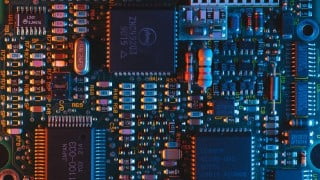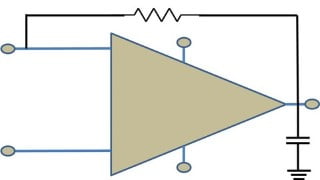Semiconductors for Beginners
Discover the fascinating world of semiconductors and their importance in the electronics industry. Understand conductivity, insulators, and more.
What you will learn
- What causes static electricity? How can insulators be ?electrified??
- What is ionization and how can an insulator sometimes become a conductor?
- What really happens inside a bolt of lightning?
- Why are some materials good conductors of electricity and others poor conductors?
- What causes light emission in some materials?
- How do gas discharge lamps work?
- How can electrons to be emitted from solids?
- What factors affect conductivity in a material and how can we calculate it?
- What is the bandgap of a semiconductor?
- What is doping and how does it affect conductivity?
- Why are semiconductors, particularly silicon, so important?
- How does a solar cell work?
- Introduction
- Static Electricity
- Insulators and Conductors
- Electrons in Orbit
- Lightning and Sparks
- Light
- Electricity in Gases
- Light from Gases
- Electricity in a Vacuum
- Crystal Lattices
- Bandgaps
- Semiconductors
- Solar Cells
Program Overview
The primary goal of the course is to enable learners to understand what semiconductors are and exactly why they are useful to the electronics industry.
We will learn why some materials are insulators and others are conductors, why some materials are transparent and others opaque, and we will learn how electrons move inside materials. The course explores situations where the conductivity of an insulator can be drastically changed, such as the situation inside a bolt of lightning or inside a semiconductor.
Semiconductor physics textbooks are typically highly mathematical, and often rely on a foundation of solid state physics. This course, however, focuses less on mathematics and more on understanding at an intuitive level why materials have the properties that they do. For instance, silicon is a very important material in the modern electronics industry, and by the end of this short course, the reason why silicon is special will be clear.
This course is suitable for a first year university undergraduate student, or an older learner who did not study electrical engineering or materials science. High school-level physics is the assumed background. By the end of the course, learners will understand all of the fundamental terminology used in the semiconductor industry, and will be able to perform basic calculations.






